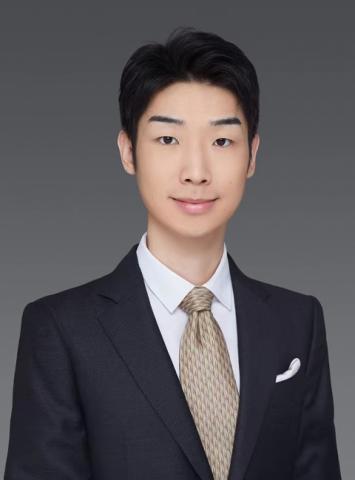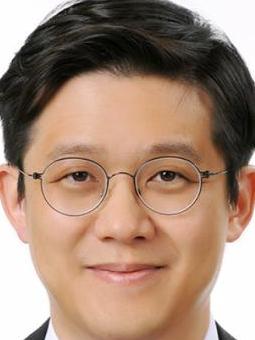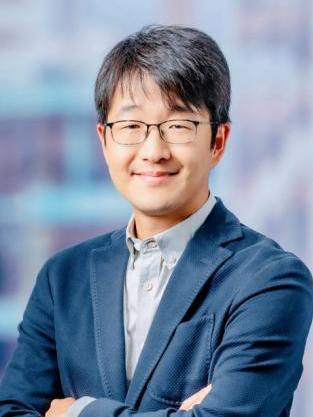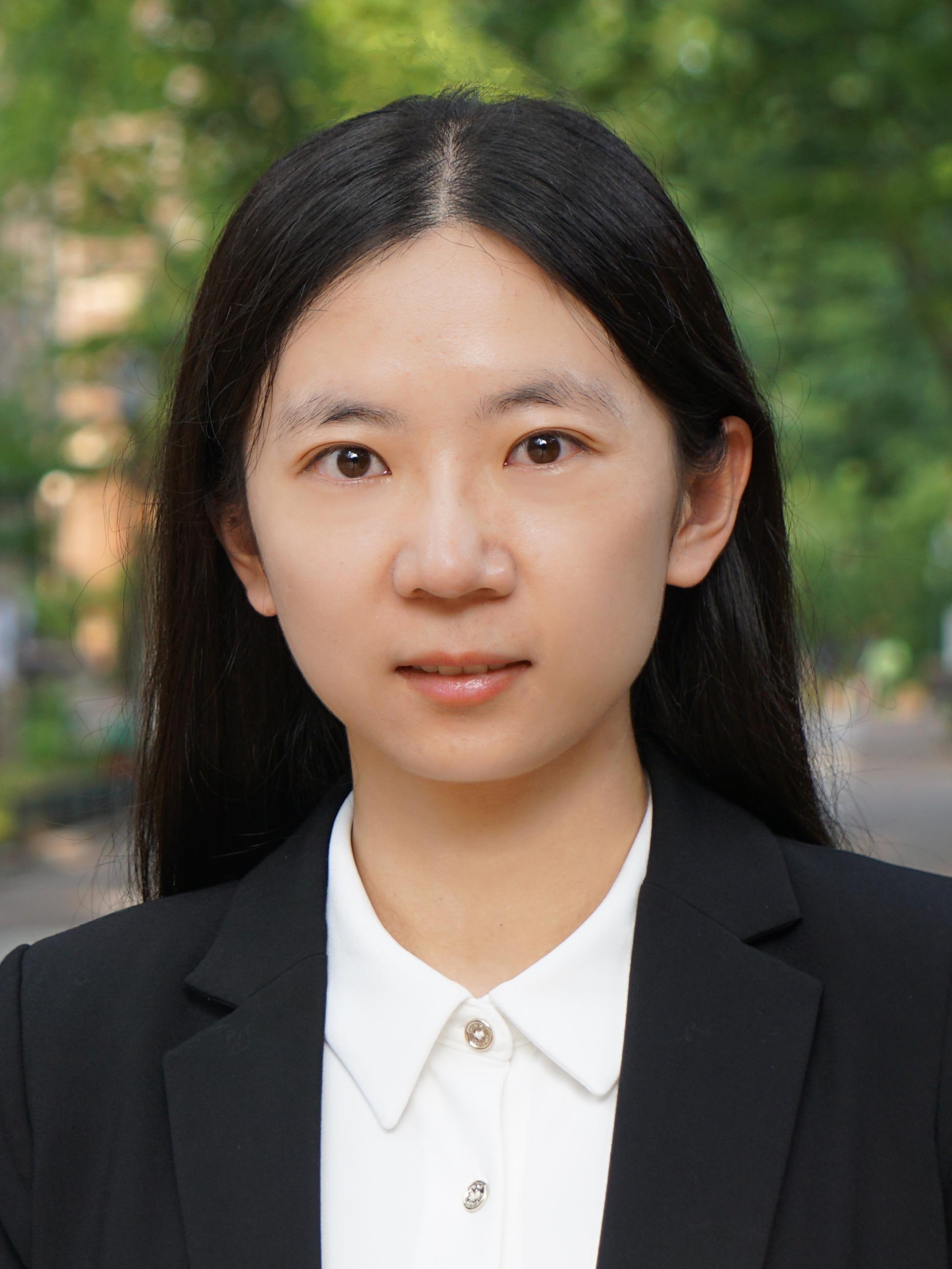Herd Immunity and a Vaccination Game: An Experimental Study
Globally, infectious diseases are responsible for one-quarter of all deaths each year; even when infections do not kill, they reduce the quality of life of the hundreds of millions of people affected. Recent outbreaks, such as SARS in 2003, Ebola in 2014, MERS in 2015 and currently COVID-19, have forced citizens around the world to confront and reconsider the high social and economic costs of epidemic control. The problem of epidemic control is of fundamental economic importance because disease and infection are irrefutably associated with uncertainty and externalities, which have long been central concepts in economics. According to a WHO report in 2015, behavioral changes at the community level are key to the prevention and elimination of epidemics, especially in low- and middle-income countries. Understanding people’s choices for epidemic control thus has significant policy implications.
Would the affected communities voluntarily obtain herd immunity if a cure for COVID-19 was available? This paper experimentally investigates people’s vaccination choices in the context of a nonlinear public good game. A “vaccination game” is defined in which costly commitments (vaccination) are required of a fraction of the population to reach the critical level needed for herd immunity, without which defectors are punished by the natural contagion of epidemics. Our experimental implementation of a vaccination game in a controlled laboratory setting reveals that endogenous epidemic punishment is a credible threat, resulting in voluntary vaccination to obtain herd immunity, for which the orthodox principle of positive externalities fails to account. The concave nature of the infection probability plays a key role in facilitating the elimination of an epidemic.












